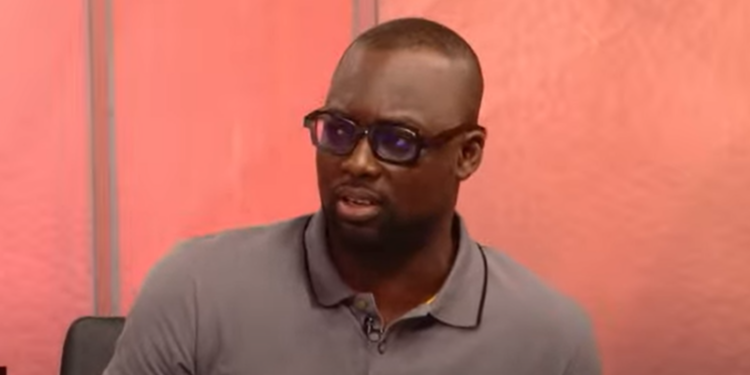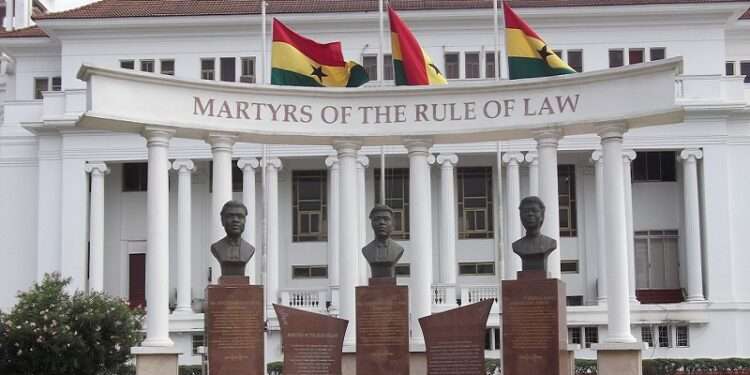Members of the French diplomatic corps began their scheduled strike on Thursday, June 2, 2022, which is incited by a planned reform they fear could hurt their careers and France’s standing in the world.
In posts ranging from Tokyo to the Middle East and Washington, some Ambassadors and numerous diplomats said they would honour the day-long strike. In their request, they want French President, Emmanuel Macron, to scrap a plan to merge career diplomats with a larger body of Civil Servants, starting from January next year (2023).
According to reports, the action announced by Macron in an April 2022 decree, will affect about 800 diplomats. But opponents claim that is just the beginning. “We risk the disappearance of our professional diplomacy,” a group of 500 diplomats noted in a commentary published last week in a French-based newspaper, adding that “Today, [diplomatic] agents … are convinced it is the very existence of the ministry that is now being put into question”.
Comments by Some Diplomats
The Twitter hashtag #diplo2metier showed a number of Ambassadors and Diplomats around the world joining in or supporting Thursday’s (June 2, 2022) strike.
French Ambassador to Kuwait, Claire Le Flecher, tweeted on her personal account, saying that “I will be on strike … to protest the reform of the diplomatic corps and the continued reduction of means for our diplomacy”. Romain Rideau, a Counsellor at the French Embassy in Tokyo, also tweeted that he would be among the strikers “because diplomacy is not a gala dinner where all you have to do is put your feet under the table”.
First in 20 years
Union leaders said Thursday’s (June 2, 2022) job action is only the second strike by French diplomats in 20 years. A protest is planned near the French Foreign Ministry complex known as the Quai d’Orsay on the River Seine (a 777-kilometre-long river in Northern France).
The government reform is meant to modernise and diversify France’s diplomatic corps, which was created in the 16th century, and meant to bring down the walls of what some officials in the government see as an elite institution, and turned in on itself. It will also put diplomats into a large pool from all branches of public service, encouraging switches to other Ministries and forcing personnel to compete with outsiders for prized diplomatic posts.
What Diplomats are Saying
Diplomats are of the view that their job requires specialisation and expertise acquired over years in posts around the world, thus, there is no room for amateurs.
The planned change came amid the war in Ukraine and complex negotiations over Iran’s nuclear programme, and also when France currently holds the European Union’s rotating Presidency. However, newly-appointed Foreign Minister, Catherine Colonna is so far, mute on the matter.
Dominique de Villepin, a former Prime Minister and Foreign Minister, known for a 2003 speech at the United Nations, in which he declared French opposition to the US-led invasion of Iraq, labelled the pending reform in a tweet last month as “a historic fault”. According to him, the loss of diplomats’ separate status in the civil service means “a loss of independence, a loss of competence, a loss of memory that will weigh heavily on the years ahead”, Villepin noted in a tweet.
Even before Macron’s decree, anger and frustration festered in the Foreign Ministry’s halls over cuts in funding, personnel and outsourcing. The group commentary in a published report noted that “decades of marginalisation of the Ministry’s role within the [French] state” as well as “a vertiginous reduction” in personnel, down by 30 percent in 10 years, the diplomats claimed. Funding, they said, is but 0.7 percent of the state budget.
READ ALSO: 2023 AFCON Qualifiers: Ghana, Angola, Libya Seal Emphatic Wins





















